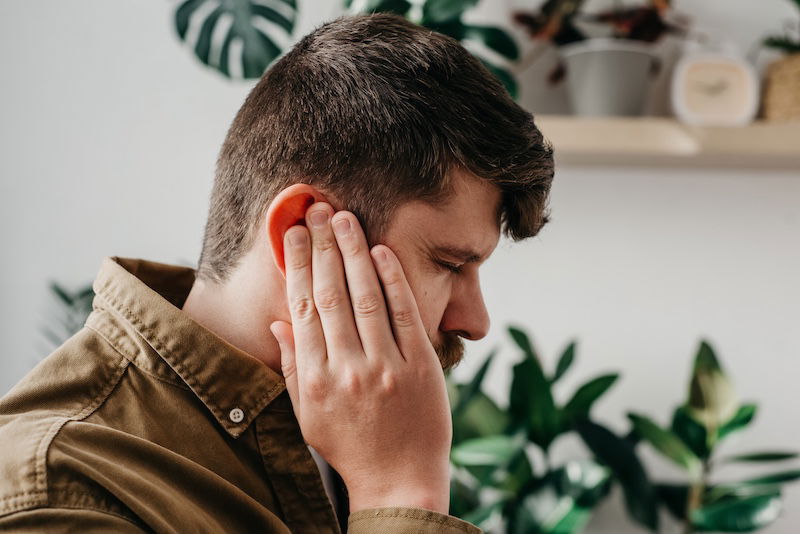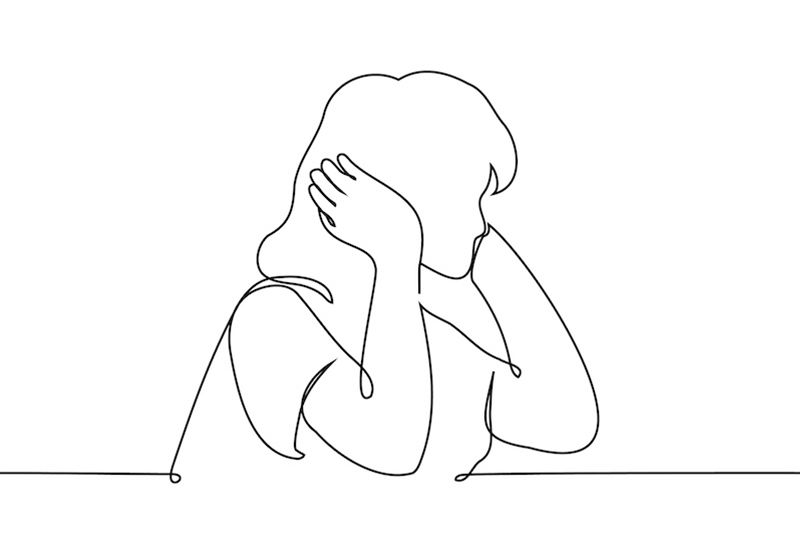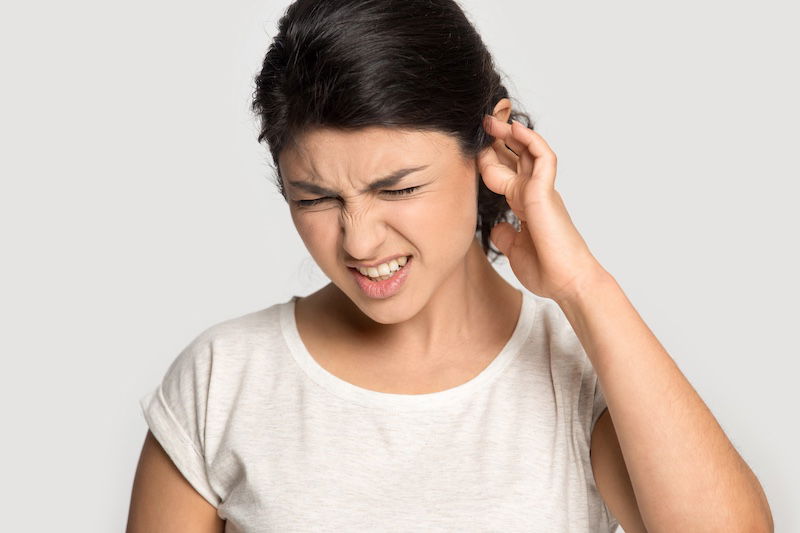That persistent, ticklish feeling deep inside your ear can be incredibly frustrating. It’s an itch that often feels impossible to truly satisfy, leading to uncomfortable poking and prodding. But why do our ears itch in the first place? While it might seem like a minor annoyance, persistent ear itching can sometimes signal an underlying issue. Let’s explore some common causes and what you can do about that relentless scratch.
The Usual Suspects: Common Causes of Itchy Ears
Several everyday factors can lead to itchy ears:
- Dry Skin:
Just like the skin on the rest of your body, the delicate skin lining your ear canal can become dry. This is especially common in dry climates or during winter months. The lack of natural oils can cause irritation and that familiar itchy sensation. - Earwax Buildup:
While earwax (cerumen) is a natural protector for your ear canal, excessive buildup can sometimes cause itching. It can trap moisture and debris, leading to irritation. However, it’s important to note that trying to remove earwax yourself with cotton swabs or other objects can often worsen the problem and even push the wax further in. - Irritants and Allergies:
Our ears are constantly exposed to the environment. Certain products like shampoos, soaps, hairsprays, or even earrings containing materials like nickel can irritate the sensitive skin inside the ear canal, leading to itching. Seasonal allergies, like hay fever, can also cause itchy ears as part of a broader allergic reaction. - Minor Skin Conditions:
Conditions like eczema or psoriasis can affect the skin inside the ear canal. This leads to inflammation, dryness, and, of course, itching. These conditions often manifest elsewhere on the body as well. - Irritation from Hearing Aids or Earbuds:
Hearing aids and earbuds can cause itching and may also worsen conditions like dermatitis. Parts of your hearing aids or earbuds may rub against the skin, and they also block the ear canal, which can lead to moisture buildup. In rare cases, some people are allergic to certain components of their hearing aids or earbuds. If you suspect that your hearing aids are causing itchy ears, be sure to seek help from your hearing aid specialist.
When the Itch Signals Something More: Less Common Causes
While the above are the most frequent culprits, persistent or severe ear itching could indicate a less common issue, such as:
- Ear Infections (Otitis Externa or Media):
Both outer ear infections (swimmer’s ear) and middle ear infections can cause significant itching, along with other symptoms like pain, redness, and discharge. These infections often require medical attention. - Fungal Infections (Otomycosis):
In moist environments, fungi can sometimes grow in the ear canal, leading to intense itching, a feeling of fullness, and sometimes a musty odor or visible debris. - Foreign Objects:
Occasionally, small objects can get lodged in the ear canal, causing irritation and itching. Attempting to remove these yourself can be risky, so seeking professional help is recommended.
So, What Can You Do About the Itch? Treatment Options
The best way to address itchy ears depends entirely on the underlying cause. Here are some general guidelines and treatment options:
- Avoid Irritants:
If you suspect a particular product is causing the itch, discontinue its use. Opt for gentle, fragrance-free soaps and shampoos. Be mindful of the materials in your earrings. - Resist the Urge to Scratch:
As tempting as it is, scratching can further irritate the delicate skin of your ears. This can potentially lead to breaks in the skin and increase the risk of infection. - Gentle Outer Ear Cleaning:
Keep the outer ear clean and dry. Avoid inserting anything into the ear canal, including cotton swabs, as this can push wax further in and cause injury. - Moisturizing (with Caution):
If dry skin is the culprit, a tiny amount of mineral oil or specially formulated ear drops (check with your doctor or pharmacist first) applied to the outer ear canal opening might provide some relief. Avoid putting excessive amounts of liquid in your ear. - Over-the-Counter Allergy Relief:
If allergies are suspected, antihistamines might help alleviate the itching, along with other allergy symptoms. - Professional Help Is Key:
For persistent or severe itching, especially if accompanied by pain, redness, discharge, or hearing changes, it’s crucial to consult a doctor or hearing specialist. They can properly diagnose the cause and recommend appropriate treatment, which might include prescription ear drops (antibiotic, antifungal, or steroid), professional earwax removal, or treatment for underlying skin conditions.
The Bottom Line:
While occasional ear itching might be harmless, persistent or bothersome itching shouldn’t be ignored. By understanding the potential causes and knowing when to seek professional help, you can effectively address that irritating itch and ensure the health and comfort of your ears. So, listen to your body, avoid the urge to scratch excessively, and don’t hesitate to seek medical advice when needed. To learn more about what to do if your ears are itchy or to set up an appointment with our hearing specialist, we encourage you to contact us today.




